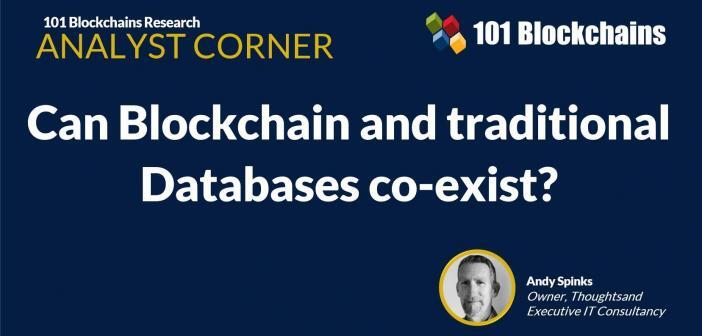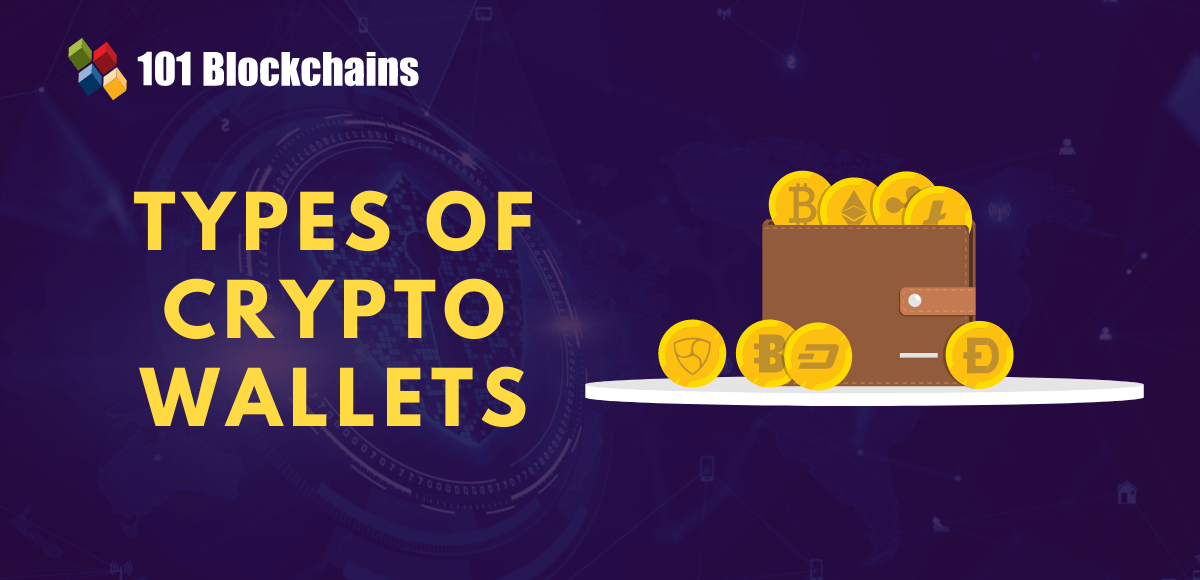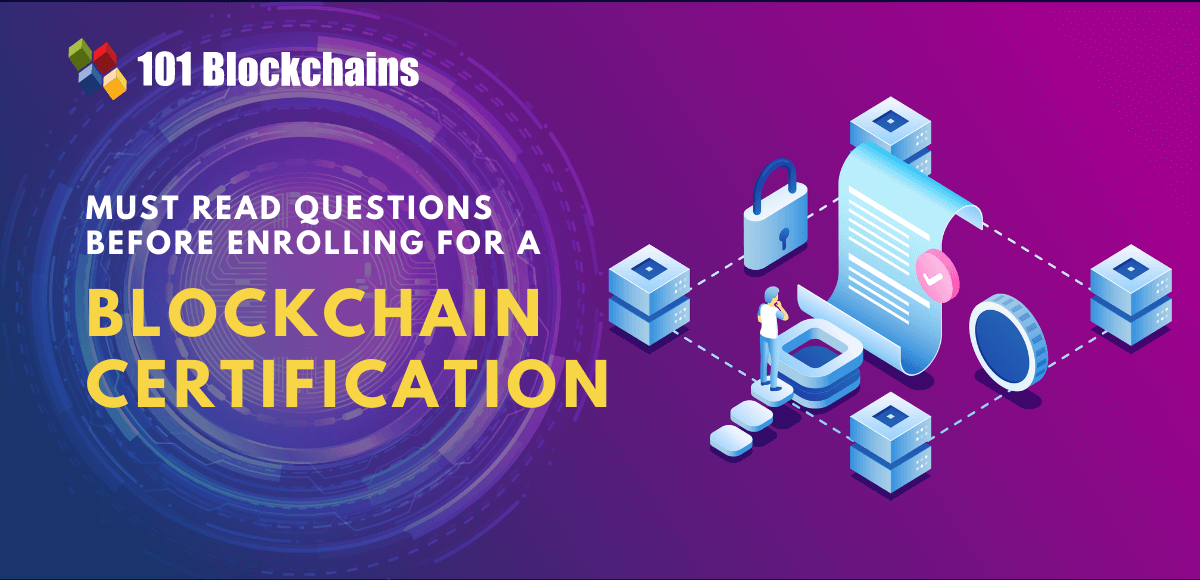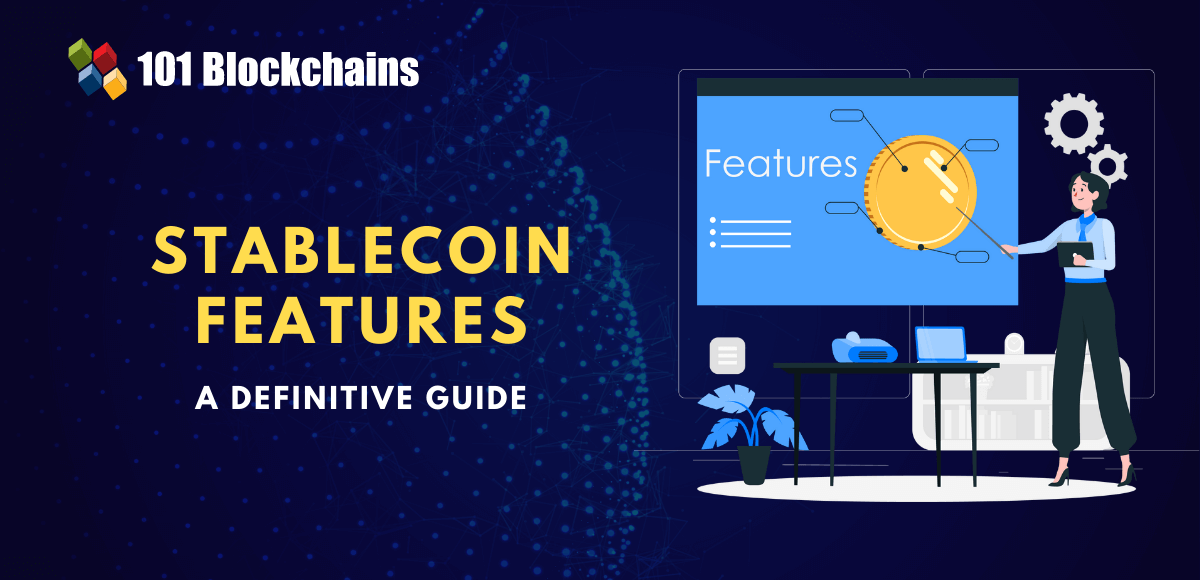Learn how blockchain truly works, master key definitions, and uncover what makes smart contracts so "smart." Dive into the fundamentals, gain valuable insights, and start your blockchain journey today!

Analyst Corner
Andy Spinks
on October 09, 2020
Can Blockchain and traditional Databases co-exist?
As a Blockchain resource, you might be expecting us to be promoting Blockchain as the answer to life, civilization and the universe as we know it. At the very least we should be extolling its virtues as far better than a traditional database, correct? No!
We are not here to sell Blockchain as the answer to every technology issue. We seek to position it within the wider technology landscape where it can contribute and mutually benefit all. In this respect it is not better than a database, rather it should be viewed as an alternative.
Blockchain and Database
You would not generalize and say that a pick-up truck is better than a regular car, it ultimately depends on the requirements which need to be met and the intended use. When you look across the wider user base there really is plenty of room for both.
The chart below gives a high level summary of the key differences between Blockchain and a database which is explored further in the video at the end of this article.
Can’t we just get along
The key thing to note when watching this video is that Blockchain offers different benefits than a traditional database. Having the option of Blockchain or a regular database is actually a good thing as it gives the client greater choice and opportunity. It is also not necessarily a case of one or the other, you can have both, operating independently or integrated and linked. Going back to the car analogy as a driver you may need the qualities a pick-up gives you or you may think a car better meets your requirements. Many families may have a pick-up and a car and that is OK.
The key is making good choices
The challenge is making sure the pieces of your technology puzzle fit together!
This is why business analysis is so important when making technology decisions. The synchronization of process, data and systems is a complex one. Each new technology added to a company’s infrastructure needs to not only function effectively on its own but also to align and integrate with the existing ecosystem. Ideally a new addition should enhance what already exists in some capacity else why do it.
Every day it seems there is a new system or gadget being sold to us but we must not let our attraction to the new and shiny be the decision maker. We need to resist short term, impulse technology buys which are not strategically aligned and could create issues later. Buying a car when you know you will often need to go off road or carry heavy loads is not going to be optimal, it may work but will not be as efficient as a pick-up truck. The car may look better than the truck and be cheaper but does it do the job you need it to and will it last.
Change is inevitable but not for its own sake
Technology for technology’s sake does not solve business problems. If you have an existing system with a database that is working well, meets your needs and is cost effective why change that for a new one. On the other hand don’t keep that system until it dies and becomes unsupportable. Strategically focused companies plan ahead and make changes earlier rather than later to reduce risk and stay current. Adding Blockchain to your technology suite strengthens your ability to ensure you have a comprehensive IT toolkit at your disposal. It may ultimately replace one or more existing databases or it may compliment them. If managed properly, your process and data needs will decide this for you in due course.
We all know that the traditional database model of having your own on site hardware and software which you can control and manage has over time evolved into a Software As A service (SAAS) cloud based model. For many enterprises this has reduced the burden on company IT departments. However, moving databases and systems to the cloud does not necessarily remove all of of the limitations of a database.
Likewise implementing Blockchain may address some of the common database limitations but can also create some of its own unique challenges as the video explains.
Life is a compromise
As a client typically we want everything but most of us know we have to make some compromises, that is life. So, when deciding between Blockchain and databases, you need to review the respective strengths and values as explained in the video.
Decide what is most important to you:
- Is performance the key factor?
- Or maybe security or disaster recovery?
- Do you need everything audit-able and traceable?
- Will you be partnering with other companies and need to integrate with their systems?
- Is regulation and compliance key?
- Should your data be centralized or decentralized?
- Are you working globally or virtually?
These are all important considerations so be clear what you are trying to achieve up front to ensure you make the right technology choices before you set out of a new path. Changing direction once on a path is a lot harder (and more costly) and trying to fit a square peg in a round hole is not a sustainable go forward model.
Also Read: Blockchain vs Database: Understanding The Difference Between The Two
Final Score
In closing, if Blockchain versus traditional database were a soccer (football) game I would say the final score is 1-1, a creditable score draw with both sides having their strengths and weaknesses. There is no bad choice so do your homework, look at the team sheets and choose your side!
If after watching the video you wish to further discuss any aspect of it or have something to say about this article please do not hesitate to reach out to us at 101 Blockchains.





